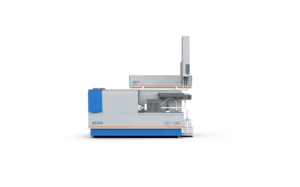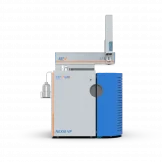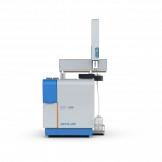ASTM D6667
ASTM D6667 is the Standard Test Method for Determination of Total Volatile Sulfur in Gaseous Hydrocarbons and Liquefied Petroleum Gases by Ultraviolet Fluorescence
The ASTM D6667 test method is applicable for the determination of Total Sulfur in Gas/LPG samples. For fuel purposes this contributes to SOx emissions and can lead to corrosion in engine and exhaust systems. Therefore sulfur bearing materials in feed stocks poison some process catalysts used in petroleum and chemical refining. Accordingly, Sulfur in process feeds determine Sulfur in finished products using this test method. In addition, compliance determines when it is acceptable to a regulatory authority.
Desulfurized levels below 10 ppm in car fuels are due to increasingly stringent legislation. Therefore this has the result of minimizing negative effects on the environment. Sulfur-containing emissions contribute to acid deposition (‘acid rain’).
This test method covers the determination of total volatile Sulfur in gaseous hydrocarbons and liquefied petroleum (LP) gases. It is applicable to analysis of natural, processed, and final product materials. In fact, precision has been determined for Sulfur in gaseous hydrocarbons in the range of 1 mg/kg to 100 mg/kg and for Sulfur in LP gases in the range of 1 mg/kg to 196 mg/kg
Sample types: Gaseous Hydrocarbons, Natural Gas, LPG
Working range LPG: 1 196 mg/kg
Working range Gaseous hydrocarbons: 1 100 mg/kg





